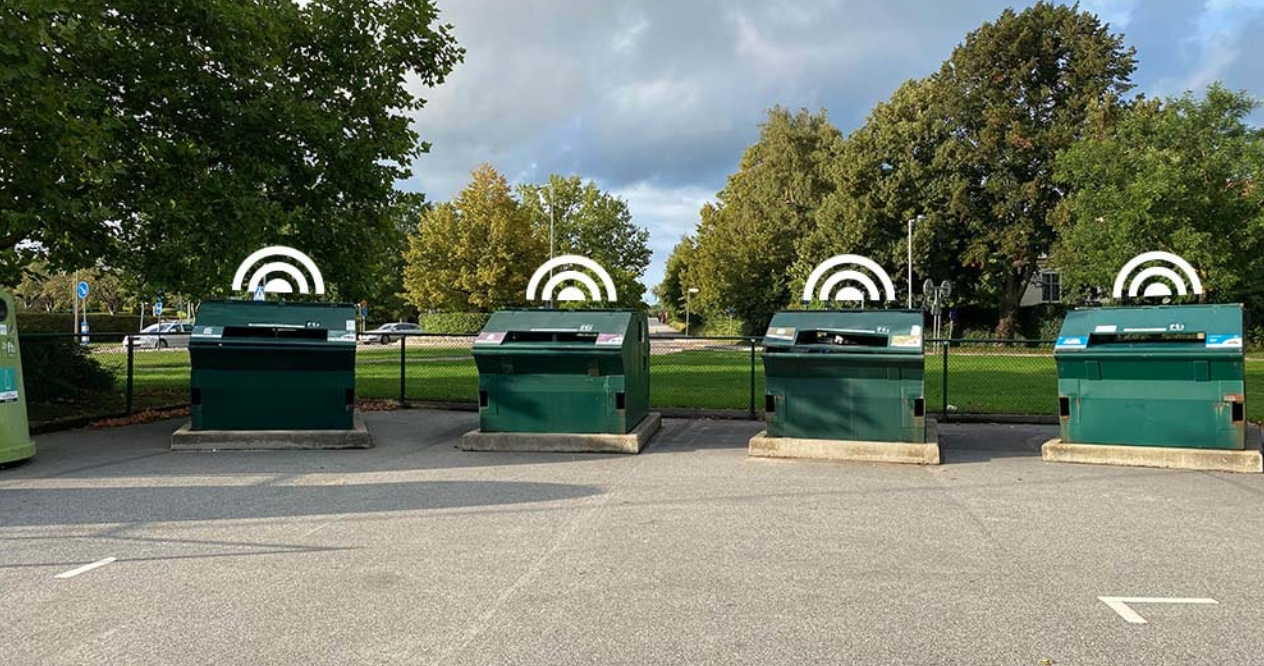Makkah, one of the holiest cities in the world, is pioneering a smarter, cleaner future with its latest pilot projects in smart waste management. As millions of pilgrims and residents converge every year, the need for effective waste disposal is higher than ever. With the launch of smart technologies in waste handling, the city is setting a new standard for urban cleanliness, efficiency, and sustainability.
The pilot programs are part of a broader push by Saudi Arabia under the Vision 2030 plan to embrace innovative urban solutions. These smart waste systems are not only about garbage collection — they represent a major shift in how technology, environment, and governance intersect in modern cities.
Learn more about Vision 2030 here
What Is Smart Waste Management?

Smart waste management uses technologies like the Internet of Things (IoT), Artificial Intelligence (AI), and data analytics to improve how waste is collected, sorted, and recycled. In Makkah, this means:
- Smart bins that alert when full
- GPS-tracked garbage trucks for optimized routes
- AI-based waste segregation and sorting
- Sensors and cameras to monitor bin usage and waste patterns
By collecting real-time data, the city can reduce overflow, limit fuel usage for trucks, and improve recycling rates.
Explore more on smart waste tech
The Launch of Pilot Projects in Makkah
Earlier this year, the Makkah Municipality launched several pilot programs across key districts. These include the central Haram area, residential zones, and high-traffic commercial regions. Smart bins equipped with fill-level sensors and solar-powered compactors were installed.
According to officials, these pilots will run for several months before being scaled citywide. Early data has already shown promising results — waste collection efficiency has improved by nearly 40% in pilot areas.
A spokesperson from the municipality said, “Our goal is not just to manage waste better, but to make Makkah a model smart city in the Islamic world.”
Key Technologies Being Used
1. Smart Bins:
Equipped with sensors, these bins send alerts when they’re nearly full, allowing municipal workers to plan routes better. This prevents overflowing and keeps public areas cleaner.
2. GPS and Route Optimization:
Garbage trucks are fitted with GPS, allowing them to take the most efficient routes, saving fuel and time.
3. AI-Powered Sorting Systems:
At waste processing centers, AI tools are being tested to automatically separate recyclable items from general waste.
4. Real-Time Dashboards for Authorities:
City officials can monitor bin usage, truck movements, and overall waste levels from a central dashboard.
Benefits for Makkah and Beyond

The implementation of smart waste solutions brings multiple advantages:
- Cleaner streets and public areas, especially important during Hajj and Umrah seasons
- Reduced operational costs for the city due to efficient routing
- Lower carbon emissions, helping Saudi Arabia meet sustainability goals
- Higher recycling rates, aligning with environmental conservation
- Improved public health and hygiene for residents and visitors
This initiative could soon serve as a model for other cities in the Kingdom, including Riyadh and Jeddah.
Discover how Riyadh is also embracing smart city tech
Challenges and Considerations
While the early results are promising, the journey is not without its challenges. Public awareness and participation are key to the success of such systems. Many residents are not yet familiar with how to use the smart bins or separate their waste correctly.
Additionally, maintaining these high-tech systems requires regular updates, training, and budget allocation. Officials are now focusing on education campaigns and workshops to help people understand how they can contribute to a cleaner Makkah.
Public and Pilgrim Engagement
As part of the program, the municipality has also launched a mobile app that allows citizens and pilgrims to:
- Locate nearby smart bins
- Report full or damaged bins
- Learn tips for better waste disposal
The app also provides real-time stats on how much waste has been collected and recycled in a particular area.
Government Support and Vision 2030 Alignment
The smart waste pilot is a crucial part of Saudi Arabia’s wider goal of building smart cities under Vision 2030. It also ties into environmental goals under the Saudi Green Initiative, which aims to reduce carbon emissions and improve sustainability across the Kingdom.
Read about the Saudi Green Initiative
According to a report by the Saudi Ministry of Municipal and Rural Affairs, waste management reform is one of the top priorities in the coming decade. The results of these pilots will directly influence policy and infrastructure investments.
What Comes Next?
If the pilot projects continue to show success, the city plans to roll out the technology to all districts by the end of 2025. Officials are also exploring partnerships with private tech companies to develop more advanced AI and robotic waste handling systems.
The long-term vision includes zero-landfill policies, circular economy practices, and waste-to-energy conversion plants that can power parts of the city using non-recyclable waste.
Conclusion: A Cleaner, Smarter Future for Makkah
Makkah’s bold step toward smart waste management highlights how tradition and innovation can go hand-in-hand. By using AI, IoT, and data to handle one of the most basic urban needs — waste disposal — the city is preparing for a cleaner, greener, and more efficient future.
As more data comes in and public engagement grows, Makkah might soon become the cleanest holy city in the world — powered not just by faith, but by futuristic technology.
For updates on smart city projects in the Kingdom, keep visiting Saudi Gazette and Arab News
Also Read – Saudi Arabia’s Visa Crackdown: Impact on Indian Travelers



